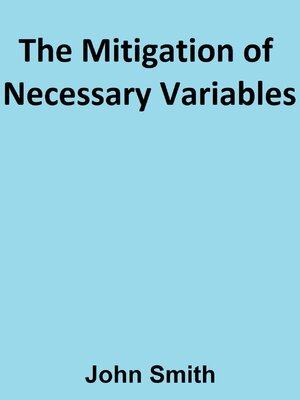
Sign up to save your library
With an OverDrive account, you can save your favorite libraries for at-a-glance information about availability. Find out more about OverDrive accounts.
Find this title in Libby, the library reading app by OverDrive.



Search for a digital library with this title
Title found at these libraries:
| Library Name | Distance |
|---|---|
| Loading... |
God desires a new kingdom, and all the citizens of this kingdom should have a common mindset of love. Everyone is invited, but people have to freely choose this way of life. We indicate our choice by committing to the mindset of love in the current kingdom. We require freedom in order to decide based on our true inclinations. People don't feel free if they think they're being watched, or if it feels like their environment is being tightly controlled and manipulated. Our decisions and self-direction are most consequential when there are many variables which aren't strictly controlled, and it's under these conditions that we feel most autonomous. The presence of unpredictable variables increases the probability of unfairness and suffering. Christ provided some guidelines and principles which, if adopted by the community, will eliminate some of the variables and mitigate the effects of others. We're better off taking Christ's guidance for dealing with the variables because there are simply too many for us to realistically understand or manipulate. Christ cautioned us against excessive worrying. For all but the most severe negative events, we can't see far enough ahead to know that we won't still benefit in the long-term after the event which worries us. Similarly, we can't violate the moral guardrails now with the belief that the subsequent sequence of events will make us better off later. Because we can't appreciate all the variables and their eventual consequences, we can't use short-term outcomes as a justification for actions that lack compassion. We can't predict the long-term effects of the example of violating guardrails to solve a problem. The example is likely more harmful when the short-term outcomes are better, because it provides stronger encouragement to expand the circumstances under which we de-prioritize compassion. Conversely, we can't accurately assess whether we're over-expending time and resources to make people feel valued. When people feel valued and become part of the solution, their positive contribution might exceed all expectations. We trust that God does understand all the variables and that following His guidance and staying on the path will lead to our best possible life in the long-term.







